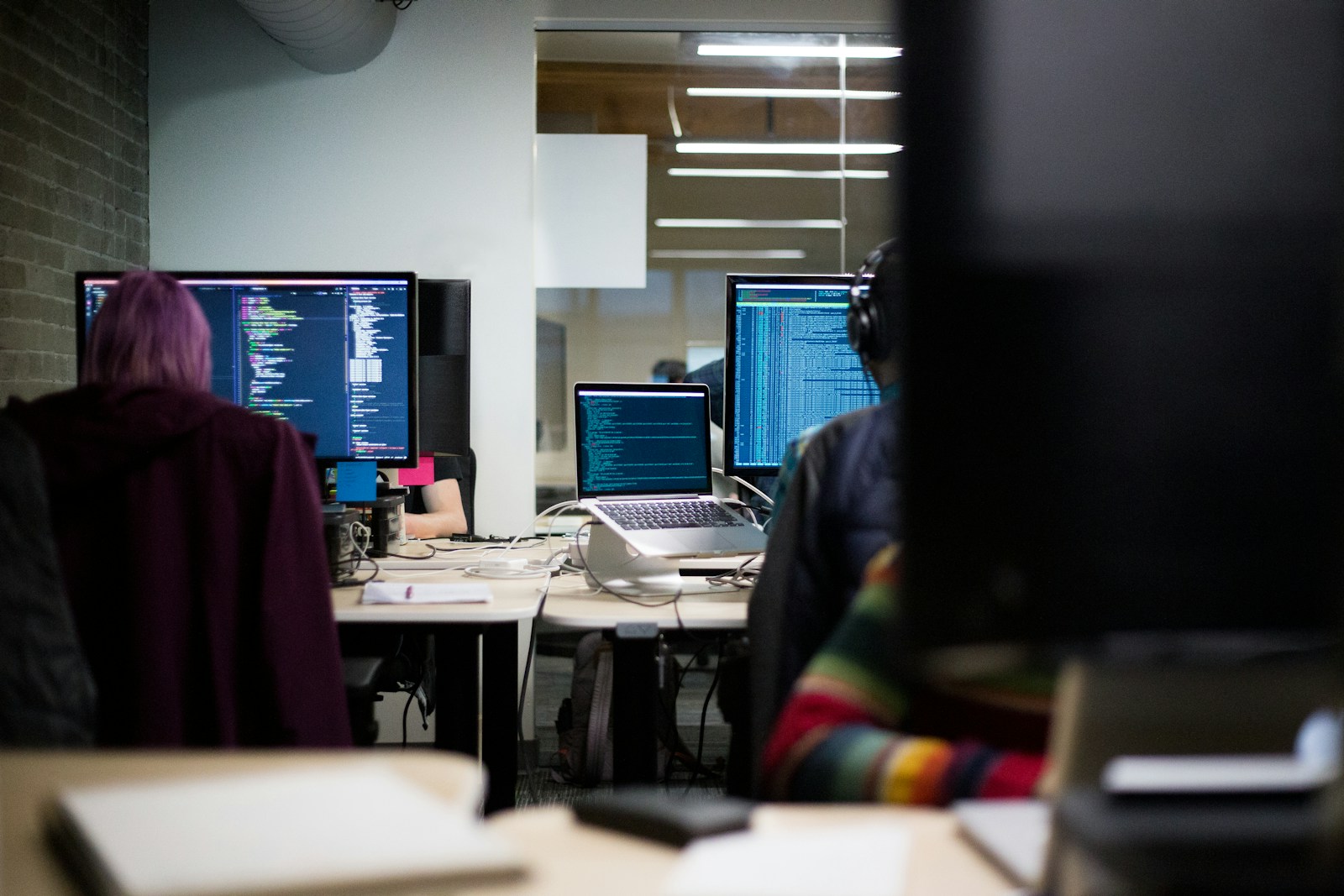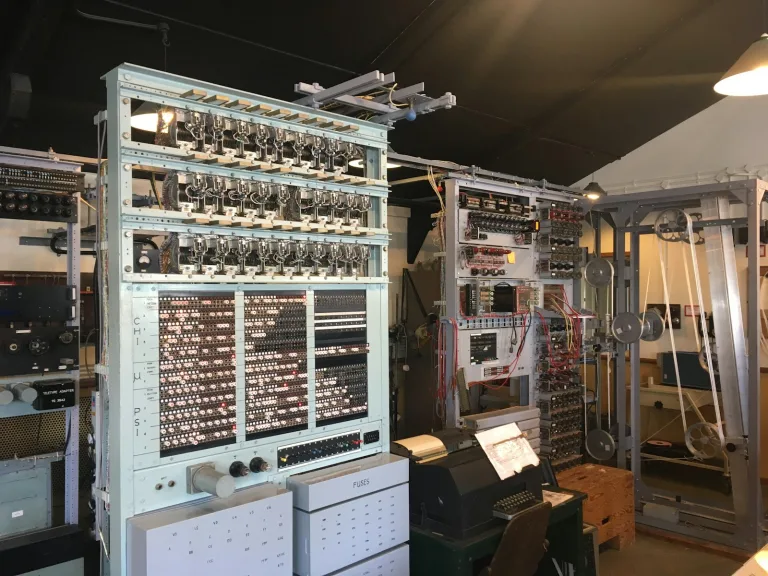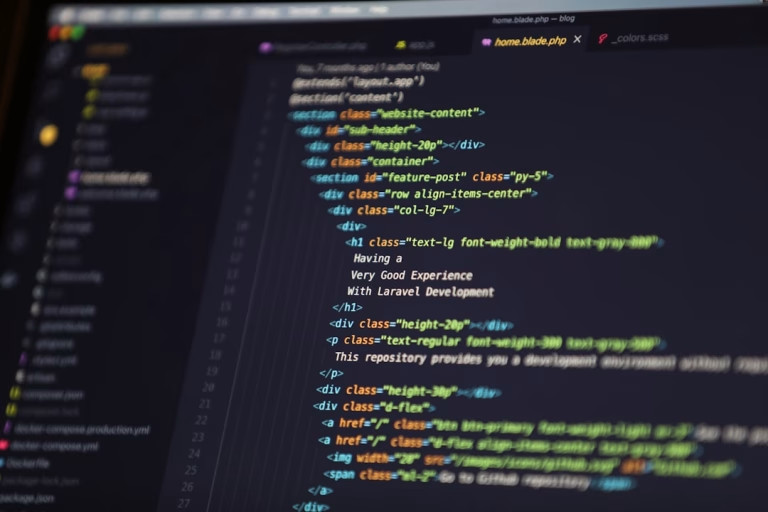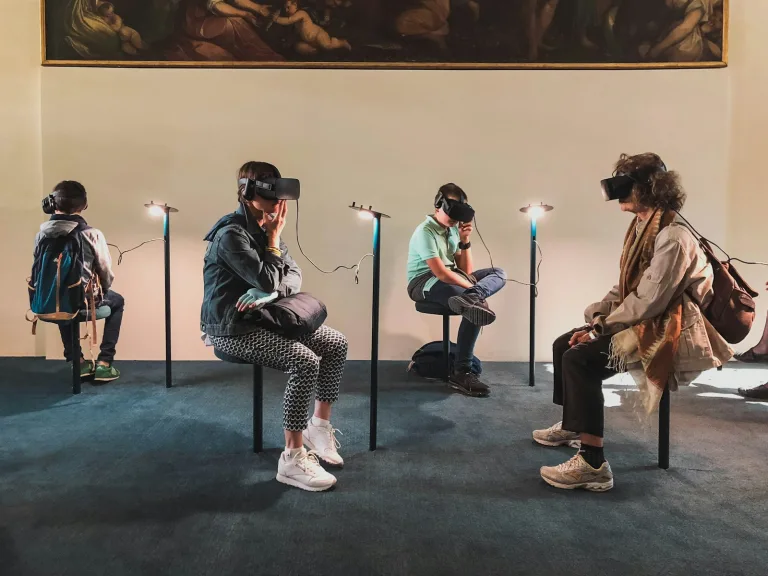Applications of Artificial Intelligence: Real-World Examples

Artificial Intelligence (AI) is no longer just the subject of science fiction; it has become a dynamic and integral part of the modern world. Today, AI applications span across various sectors, driving innovation and improving efficiency. This article explores several compelling real-world examples of how AI is being used in different industries, from healthcare to finance, and beyond.
Healthcare: Revolutionizing Patient Care
In the healthcare industry, AI has had a transformative impact. AI algorithms are used to analyze data from patient records, medical imaging, and genetic information to assist in diagnosing diseases such as cancer more accurately and at earlier stages. For instance, AI-powered systems like IBM Watson can interpret the meaning and context of clinical information, helping doctors make faster, more informed decisions.
Automotive: Enhancing Autonomous Driving
The automotive sector has seen significant advancements with the integration of AI, particularly in the development of autonomous vehicles. Companies like Tesla and Waymo use complex machine learning algorithms to enable cars to navigate safely in complex environments. These vehicles collect vast amounts of data from vehicle sensors and cameras to learn and make intelligent decisions on the road.
Finance: Automating Risk Management
AI is extensively used in the finance industry to automate risk management and fraud detection. Algorithms analyze patterns in customer transactions to identify unusual behavior that may indicate fraud. Additionally, AI helps in personal finance management through apps that assist users in managing their spending and investments more efficiently.
Retail: Transforming Customer Experience
In retail, AI is used to personalize shopping experiences and optimize inventory management. E-commerce giants like Amazon leverage AI to analyze shopping patterns and offer tailored product recommendations. AI also powers chatbots that provide instant customer service across various platforms, enhancing customer satisfaction.
Entertainment: Curating Personalized Content
The entertainment industry, particularly streaming services like Netflix and Spotify, use AI to analyze user preferences and viewing habits to recommend personalized content. This not only improves user engagement but also significantly enhances content discoverability.
Agriculture: Boosting Crop Production
AI applications in agriculture help improve crop yield and reduce waste by monitoring crop health and soil conditions. Drones and other AI-equipped devices can analyze data to predict weather conditions, optimize planting schedules, and detect potential pests and diseases.
Manufacturing: Streamlining Production Lines
In manufacturing, AI-driven robots and automated systems enhance production efficiency and safety. They perform tasks that are dangerous or repetitive, reducing human error and increasing production speed. AI also helps in predictive maintenance of machinery by detecting faults before they lead to breakdowns.
Conclusion
The applications of AI are vast and continue to grow. By automating tasks, providing new insights, and enhancing user experiences, AI is reshaping industries and improving lives. As technology advances, the potential for AI to impact even more areas is immense.






